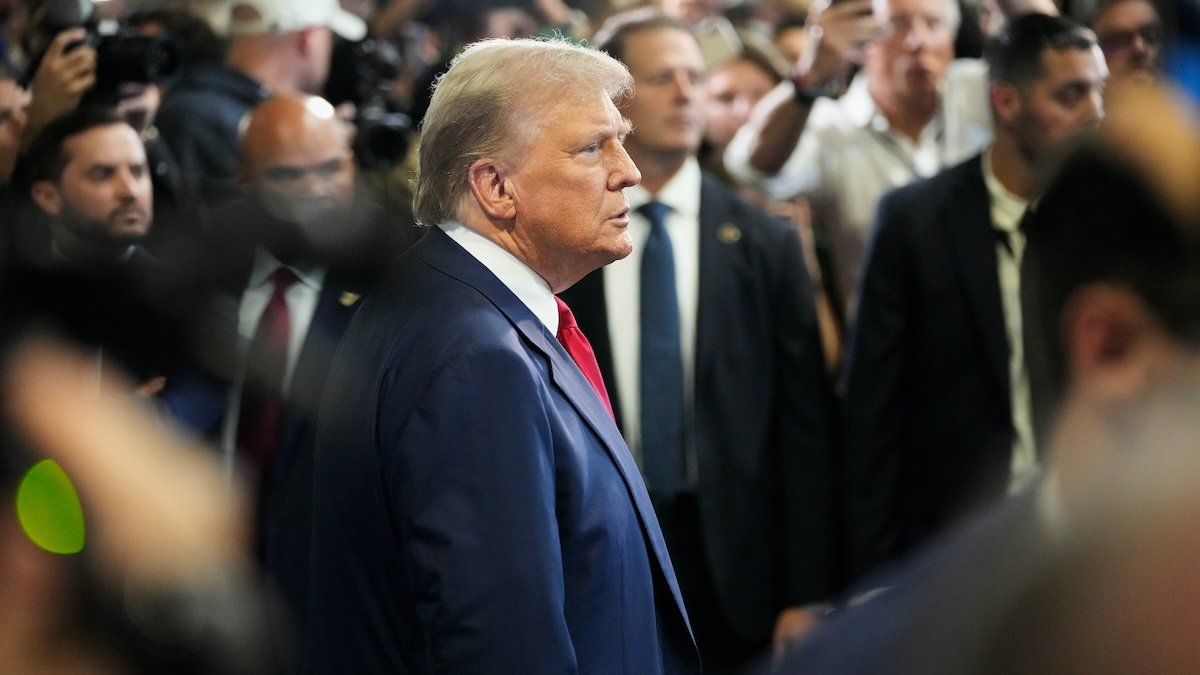The second presidential debate on Tuesday night appeared to be almost as significant as the first, but this time Donald Trump came out on the losing end.
When President Joe Biden met Trump in June, his performance was so terrible that Democrats found a way to push him out of the way to get Kamala Harris to lead their party. On Tuesday night, the vice president succeeded in getting Trump’s goat, goading him, for example, into angrily claiming that immigrants are eating people’s pets, which is not true.
The signs all point to a Harris debate win. Trump blamed ABC moderators and suggested that he would not debate again. CNN’s instant poll showed a mirror result of the Biden-Trump poll, with Harris winning as decisively as Biden lost.
We will not know for days if the debate has actually shifted the votes necessary to break the deadlock in polling. Debates do not normally move the dial. But there is reason to think this one might. Almost 70 million people watched, so many that internet traffic was down across the United States.
To cap a terrible night for Trump, the debate was followed by the endorsement of Taylor Swift, which could reach some of the voters Harris needs. Her post drove hundreds of thousands of young would-be voters to visit Voter.org, a site filled with voter registration information.
Americans are so hardened into opposing camps that the race may not change much, but it will be surprising if Harris doesn’t get a boost from a successful opportunity to contrast herself with a leader that Americans already know well.
